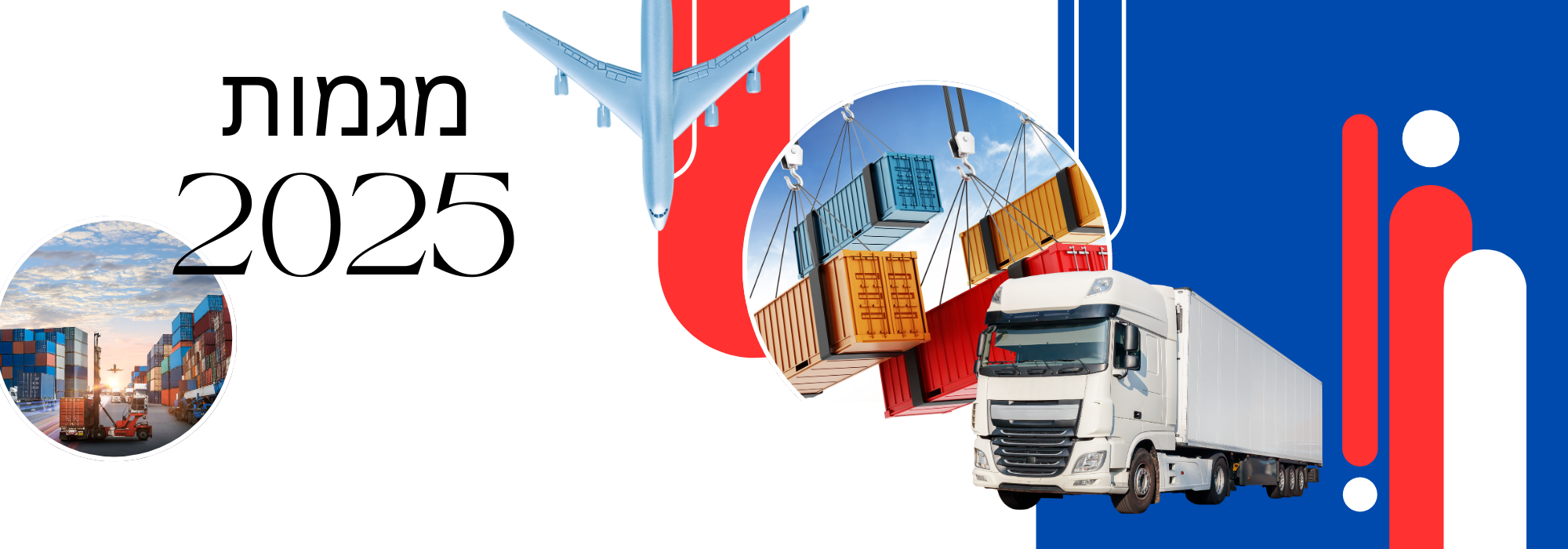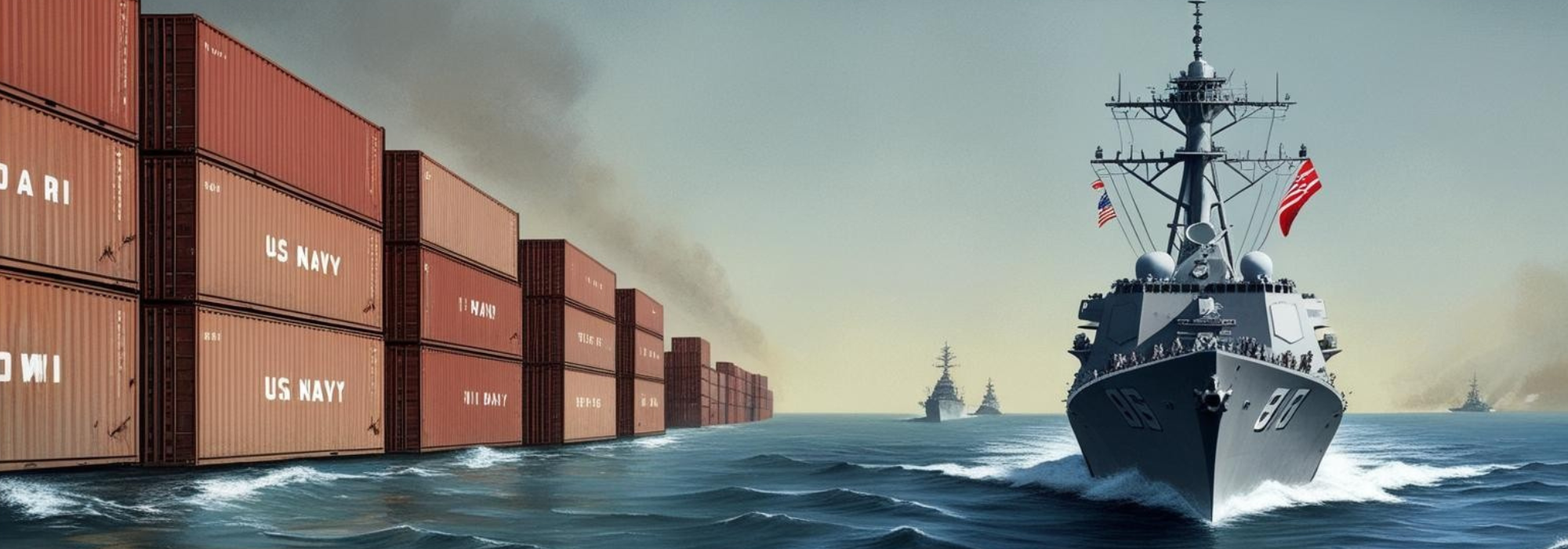
Services trade liberalised in 2021
OECD Services Trade Restrictiveness Index (STRI): Policy trends up to 2022 shows that liberalisation outpaced new restrictions during the past year, as the erection of new barriers to services trade slowed across almost all major sectors covered.
The average cumulative increase in barriers across sectors covered by the Index (STRI) was six times lower in 2021 than in 2020, indicating a significant decrease both in the volume and effect of new trade restrictions.
Most trade liberalisation was identified in air transport services, commercial banking and computer services. Easing of regulations particularly affected services supplied through commercial presence in other markets, and through the temporary movement of people.
The annual report, which covers services trade regulations in 50 countries and 22 services sectors, representing more than 80% of global services exports, identifies top performers in terms of regulatory best practices and liberalisation, including the Czech Republic, Japan and Chile.
It also points out new measures that have created impediments to services trade, notably tighter conditions on the screening of foreign investment, which was already on the rise in 2020, and continued in 2021. Other regulatory changes were implemented in response to the COVID-19 pandemic, as governments implemented measures to protect public health and to mitigate the economic consequences. However, most COVID-19 policy measures have marginal bearing on the STRI database, as these are largely temporary or targetting support measures in sectors not covered by the STRI, such as health, protective equipment or essential goods.
The OECD points out that ambitious efforts to ease services trade barriers could yield substantial benefits in reducing trade costs for firms that provide services across borders, especially if the trends identified in 2021 continue in the years to come. On average across sectors, services trade costs could decline by 6% to 16% in the medium term if countries could close half of the regulatory gaps with best performers. An ambitious services trade agenda, including new services market access commitments in comprehensive trade and investment agreements, can drive such gains, the report said.
The trend towards market openness for services trade identified in the OECD’s annual monitoring exercise accompanies the landmark adoption of the WTO Reference Paper on Services Domestic Regulation at the end of 2021, demonstrating collective will to liberalise services trade. OECD analysis demonstrates that full implementation of the new WTO disciplines can unlock annual services trade cost savings in the range of USD 150 billion, with substantial benefits in financial services, business services, communications and transport services.
Open markets for services trade boost supply chain resilience, while lower services trade costs will facilitate recovery from the shock of the COVID-19 pandemic on exporters. Multilateral trade rules and open commitments on services can lock in these benefits and provide certainty to firms seeking to access foreign markets.
More related articles...


כנס תוכניות עבודה 2025 – משרד הכלכלה והתעשייה
שר הכלכלה והתעשייה, ח״כ ניר ברקת: “האתגרים הכלכליים שעומדים בפנינו הם לא רק של היום, אלא גם אתגרים למחר. בתכנון נכון ובשיתוף פעולה עם כל הגורמים


תחום היבוא לישראל סיכום שנת 2024: תמורות, אתגרים והשפעות ארוכות טווח
הרחבת הפטורים ממכס וממסים אחת הרפורמות המשמעותיות ביותר בשנת 2024 הייתה הרחבת הפטורים ממכס וממסים על מגוון רחב של מוצרים, במטרה לעודד תחרותיות, להוזיל עלויות


המדריך המלא ליבואנים מתחילים: איך להתחיל בתהליך המכס?
מבוא ייבוא סחורות הוא חלק בלתי נפרד מעולם העסקים הגלובלי ומספק הזדמנויות עסקיות רחבות. עם זאת, תהליך המכס יכול להיות מורכב ומאתגר, במיוחד עבור יבואנים


עמילות מכס וסחר בינלאומי בישראל בשנת 2024: עדכונים, שינויים והשפעות
שנת 2024 התאפיינה בשינויים משמעותיים בתחומי עמילות המכס והסחר הבינלאומי בישראל. ממשלת ישראל וגורמים פרטיים בענף פעלו במרץ כדי להתאים את התהליכים לשינויים גלובליים, לחזק


עדכונים רגולטוריים בסחר חוץ 2024: יתרונות, חסרונות והשפעות
מבוא: רגולציה ככלי לעידוד סחר חוץ סחר החוץ של מדינה הוא עמוד תווך מרכזי בכלכלה, המושפע באופן ישיר ממדיניות רגולטורית. בשנת 2024, ישראל חוותה שינויים


עדכונים בנושא יבוא, יצוא וסחר חוץ 2024: מגמות, רגולציות והזדמנויות עסקיות
מבוא: סחר החוץ של ישראל ב-2024 סחר החוץ של ישראל הוא נדבך מרכזי בכלכלה המקומית והגלובלית. בשנת 2024, חלו שינויים משמעותיים בתחום זה, שהשפיעו הן




















